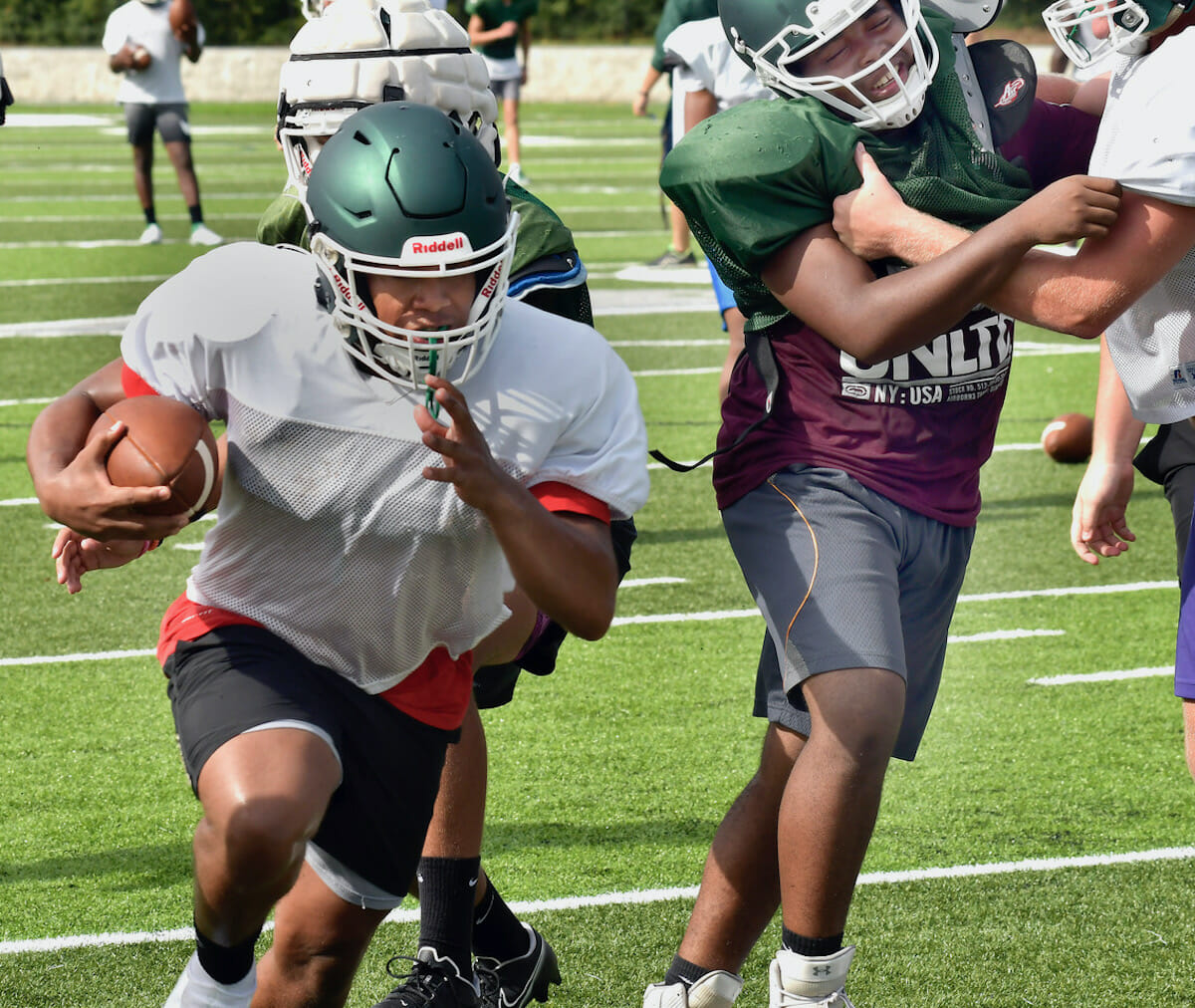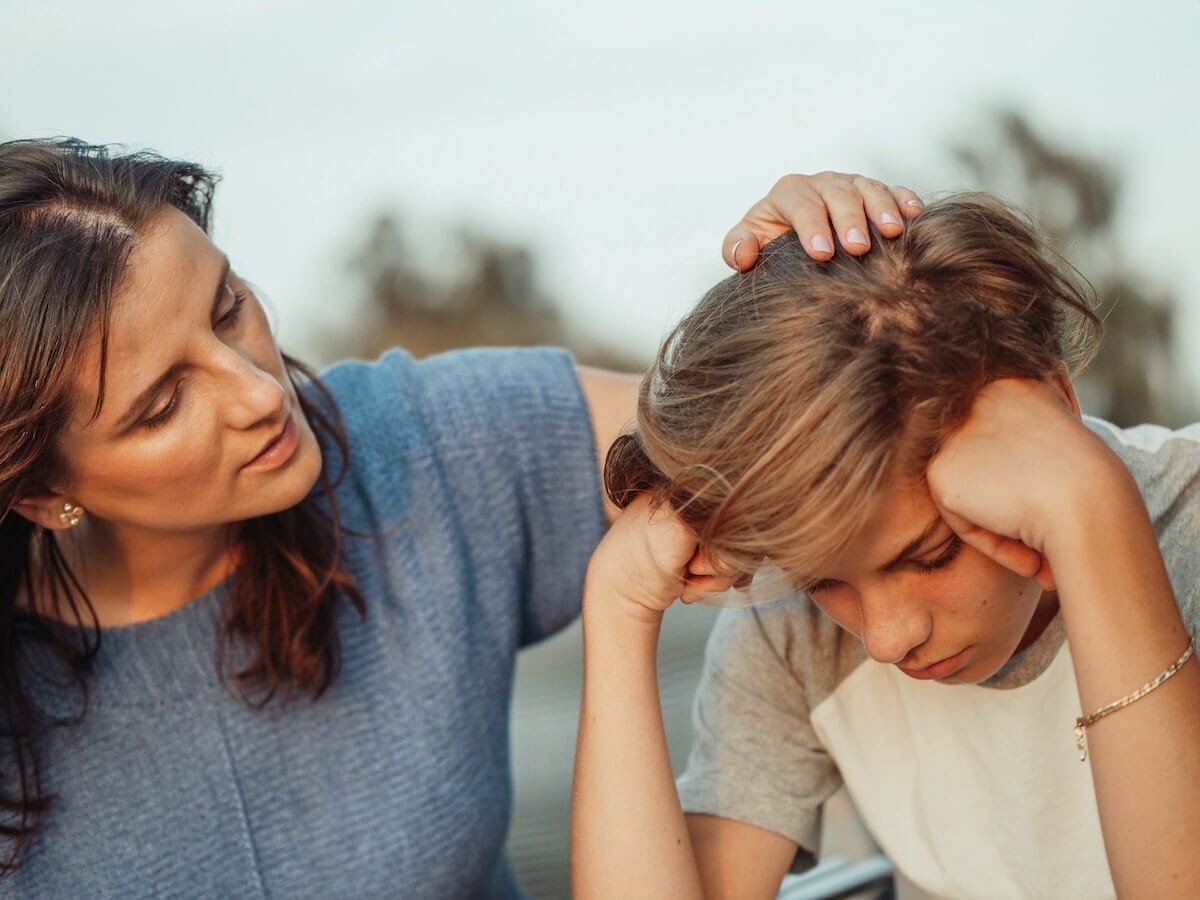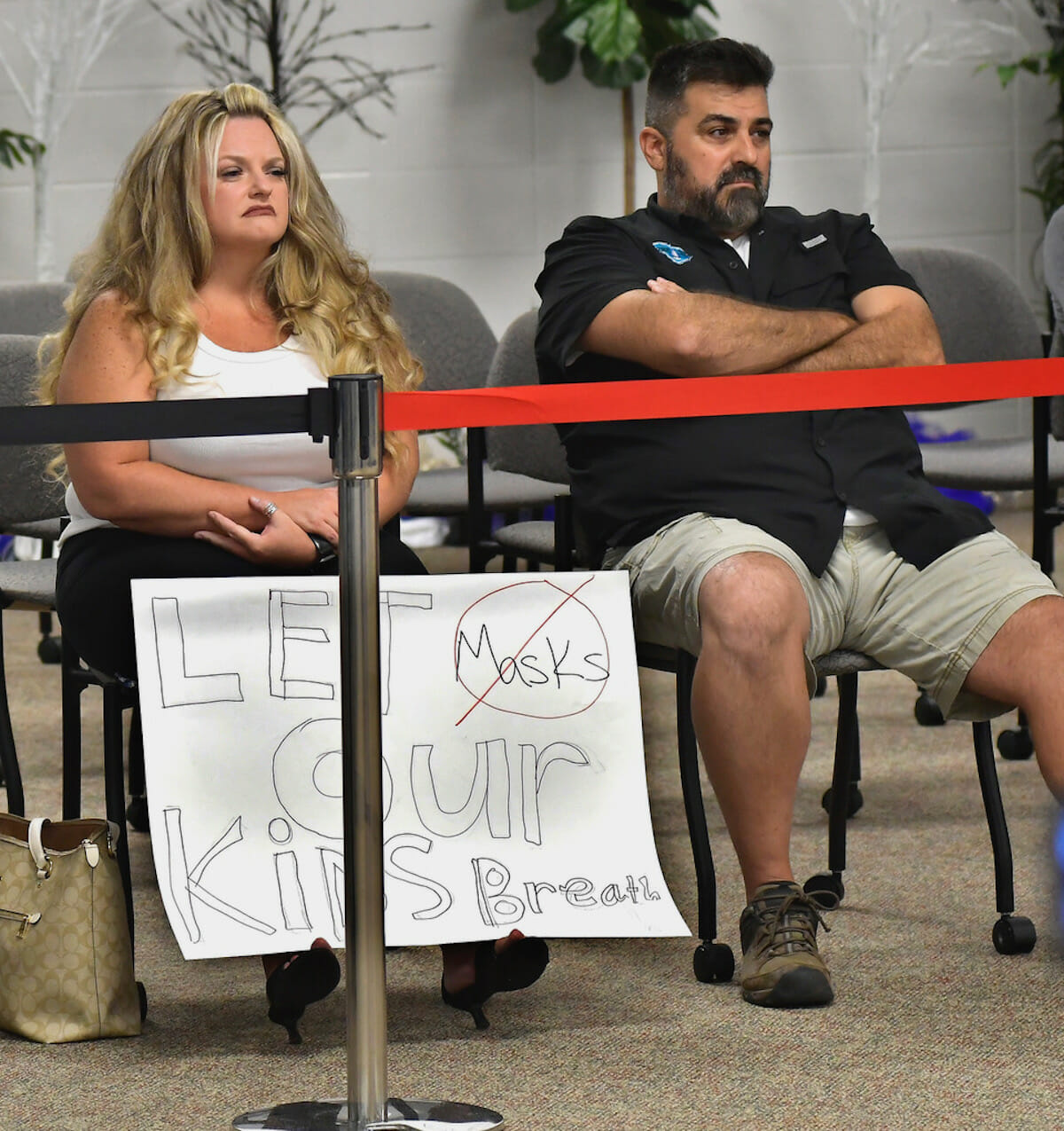Nearly six in 10 U.S. adults (57%) believe employees should be required to wear a mask when working at an on-site work location, even after being vaccinated for Covid-19, according to results from the latest American Staffing Association Workforce Monitor® online survey conducted from June 10–14 by The Harris Poll among 2,066 U.S. adults aged 18 and older.
Notably, 70% of Blacks/ African-Americans and 64% of Hispanics/Latinos believe employees should be required to wear a mask when working at an on-site work location, even after being vaccinated for Covid-19, compared with 50% of Whites/ Caucasians. Two-thirds of parents with children under 18 (65%) feel this way, compared with 53% of nonparents of minor children.
“While government officials are [indecisive about] rolling back Covid-19 requirements throughout the country, many workers aren’t ready to give up their masks just yet,” said Richard Wahlquist, ASA president and chief executive officer. “As brick-and-mortar workplaces reopen, workers are anxious about being around their colleagues once again. Employers must clearly communicate what steps they are taking to make their workplaces safe for their employees as they reopen.”
The Workforce Monitor also uncovered a tension between the right to know about co-workers’ vaccine status and the right to privacy about one’s own status. While two in three U.S. adults (66%) believe employees have a right to know if their co-workers have been vaccinated against Covid-19, a majority (60%) also say their personal vaccine status is no one’s business but their own.
In particular, 70% of Baby Boomers say employees have a right to know co-workers’ Covid-19 vaccine status compared with 66% of Millennials and 60% of their Generation X counterparts. The largest support for privacy regarding their own Covid-19 vaccine status comes from Generation X (68%), closely followed by Millennials (67%), with half of Baby Boomers (52%) sharing this sentiment.
“As work sites reopen across the country, employee concerns about Covid-19 are creating a challenging privacy paradox,” said Wahlquist. “Employees want to know whether their fellow co-workers have been vaccinated but don’t want to make their own status public. In balancing these interests, employers must keep workplace safety considerations top of mind.”
If you want to know more about the research behind this article, learn more about the ASA Workforce Monitor, americanstaffing.net/workforcemonitor.
Method
The Harris Poll conducted the survey online within the U.S. on behalf of ASA from June 10–14, 2021, among a total of 2,066 U.S. adults aged 18 and older. Results were weighted on age, gender, education, race/ethnicity, household income, marital status, household size, and geographic region where necessary to bring them into line with their actual proportions in the U.S. population. In addition, the data were adjusted for differences between the online and offline populations.
About the American Staffing Association
The American Staffing Association is the voice of the U.S. staffing, recruiting, and workforce solutions industry. ASA and its state affiliates advance the interests of the industry across all sectors through advocacy, research, education, and the promotion of high standards of legal, ethical, and professional practices. For more information about ASA, visit americanstaffing.net.
About the ASA Workforce Monitor
The ASA Workforce Monitor is a periodic survey commissioned by ASA and conducted online by The Harris Poll among 2,000 or more U.S. adults aged 18 and older. The survey series focuses on current workforce trends and issues. For more information about the survey series, visit americanstaffing. net/workforcemonitor.
About The Harris Poll
The Harris Poll is one of the longest-running surveys in the U.S.—tracking public opinion, motivations, and social sentiment since 1963—that is now part of Harris Insights & Analytics, a global consulting and market research firm that delivers social intelligence for transformational times. To learn more, visit theharrispoll.com.
Exclusive content from CARE Magazine






